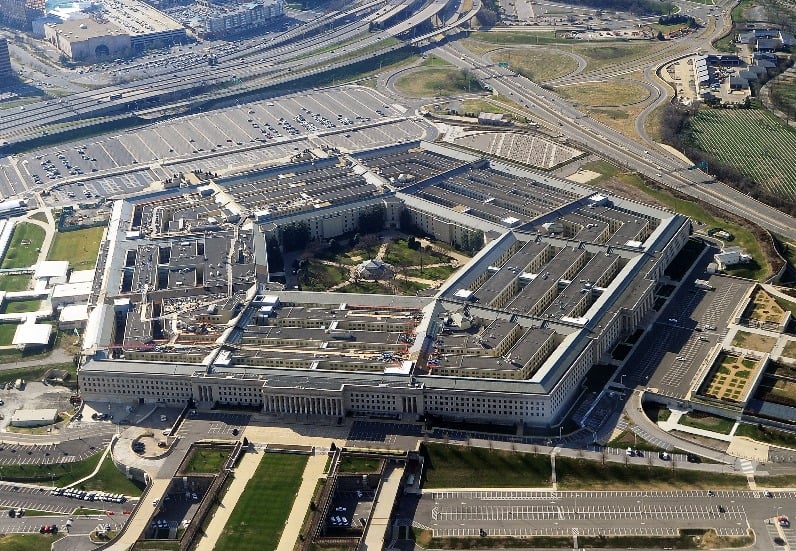- Joined
- Sep 3, 2013
- Messages
- 1,058
- Reaction score
- 960

Esper eyes $2.2 billion cut to military health care
Yet defense officials say troops and their families could be hurt.
Military health system is looking at 2.2 billion in cuts. Article talks a lot about affecting pipleline:
1. "But the proposed health cuts, in the second iteration of the defense-wide review, would degrade military hospitals to the point that they will no longer be able to sustain the current training pipeline for the military’s medical force, potentially necessitating something akin to a draft of civilian medical workers into the military, the two defense officials said."
2. " Last fall, Whitley and CAPE also sought to close the Uniformed Services University of the Health Sciences, which prepares graduates for the medical corps, as part of the defense-wide review, the people said. Although at the time Esper denied the proposal, CAPE is now seeking major cuts to USU as part of the $2.2 billion. The reductions include eliminating all basic research dollars for combat casualty care, infectious disease and military medicine for USU, as well as slicing operational funds. "
To me, it reads like residency is one thing that would be the first to go. It heavily relies on treating the non-AD population (at least my residency), and it's something that can free up personnel/attendings. (That's especially the case with military dentistry imo, but I wont get into that)

